As a cadet journalist on a provincial newspaper back in the 1980s, I quickly worked out that my main role was to pick up on those jobs that the more senior reporters and subeditors viewed as laborious and distasteful. One of those jobs was taking charge of the Letters to the Editor section. It was a thankless task opening up envelopes stuffed with the rantings and ravings of readers, most of them handwritten and often illegible.
I quickly learned that the Letters page was dominated by a number of what we might call ‘serial correspondents’. Over time I developed a grudging admiration for their tenacity. I recall one fellow in particular who once submitted a nine or ten page dissertation on the economic downfall of the country as a result of failing government policy. It turned out to be nothing more than a bizarre piece of plagiarism — a word-by-word handwritten copy of a speech by a politician, lifted direct from the Hansard parliamentary records.
Thirty years later, newspaper readership might be on the decline but, in the age of social media, the likes of Facebook and Twitter have proven a boon to those known commonly as ‘keyboard warriors’. And, it could be argued, their ability to influence public opinion is more powerful than ever before, with this new mode of opinion-writing unhindered by the likes of an editor to review and fact-check prior to publication. Consequently, we see conspiracy theories abound.
While there is good reason to be mindful of the potential for the rantings of an individual on a platform like Facebook to light the fire of public scandal, I would always urge caution to avoid an overreaction. Over the years, I have had many a call from a school Head anxious about a criticism of their school aired in a social media posting and asking for advice on how to react.
It is important to appreciate that the views expressed by one or two individuals on social media are often not in any way indicative of wider public opinion. The vast majority of people simply don’t have the time or the inclination to read — let alone add their voices to — the mutterings of a fellow Facebook user. In the case of opinions expressed on Twitter, I am even more sceptical; in my opinion, this platform has largely become an echo chamber dominated by journalists, politicians and would-be influencers seeking to outdo each other with their witticisms and cynical wisecracks.
So, what should your response be to an outbreak of social media commentary about an issue concerning your school? I need to begin with the cautionary note that every situation is different and some circumstances may require specific responses. However, in general terms, here is my advice in a nutshell.
First, don’t ignore or assume. Blithely dismissing a social media rant can be a big mistake. Remember that in the ‘Court of Public Opinion,’ perception always rules over the facts. On the other hand, don’t be provoked to an instant response. The best approach is to monitor and see what comes next. In many instances, a fiercely provocative post will come to nothing, fading unread into the social media ether. However, if it becomes obvious that the post is sparking supportive concerns and comments from others, it might be worthwhile responding.
Secondly, the tone of the response is as important as the content. Don’t be defensive but also avoid the perception of aggression — simply state the facts and make it clear you are open to hearing from anyone with concerns. That’s possibly the most important action of all in these situations. In extending an invitation to listen to genuine concerns, I would advise asking people to give you a call or arrange a meeting. People who hold genuine deeply felt anxiety will see this as symbolising your willingness to be open and to take their concerns seriously, even if they elect to not take up your offer. I would argue against engaging in an ongoing debate with the provocateur on the social media platform itself. They may continue to rant and rave but posting continuous responses will only feed the fire.
Finally, if you have an issue emerging that is likely to provoke genuine concern and anxiety, use your social media channels to get on the front foot. Have your messages prepared in advance with a link to a page on your website where readers can go to get the facts in more detail and be advised of how to make further contact if they have any concerns.
John Le Cras has nearly 40 years’ experience in journalism, public relations, marketing and corporate executive roles. John launched his own consulting firm in 2011 and works extensively in issue management and crisis communication in the private school sector. jlca.com





